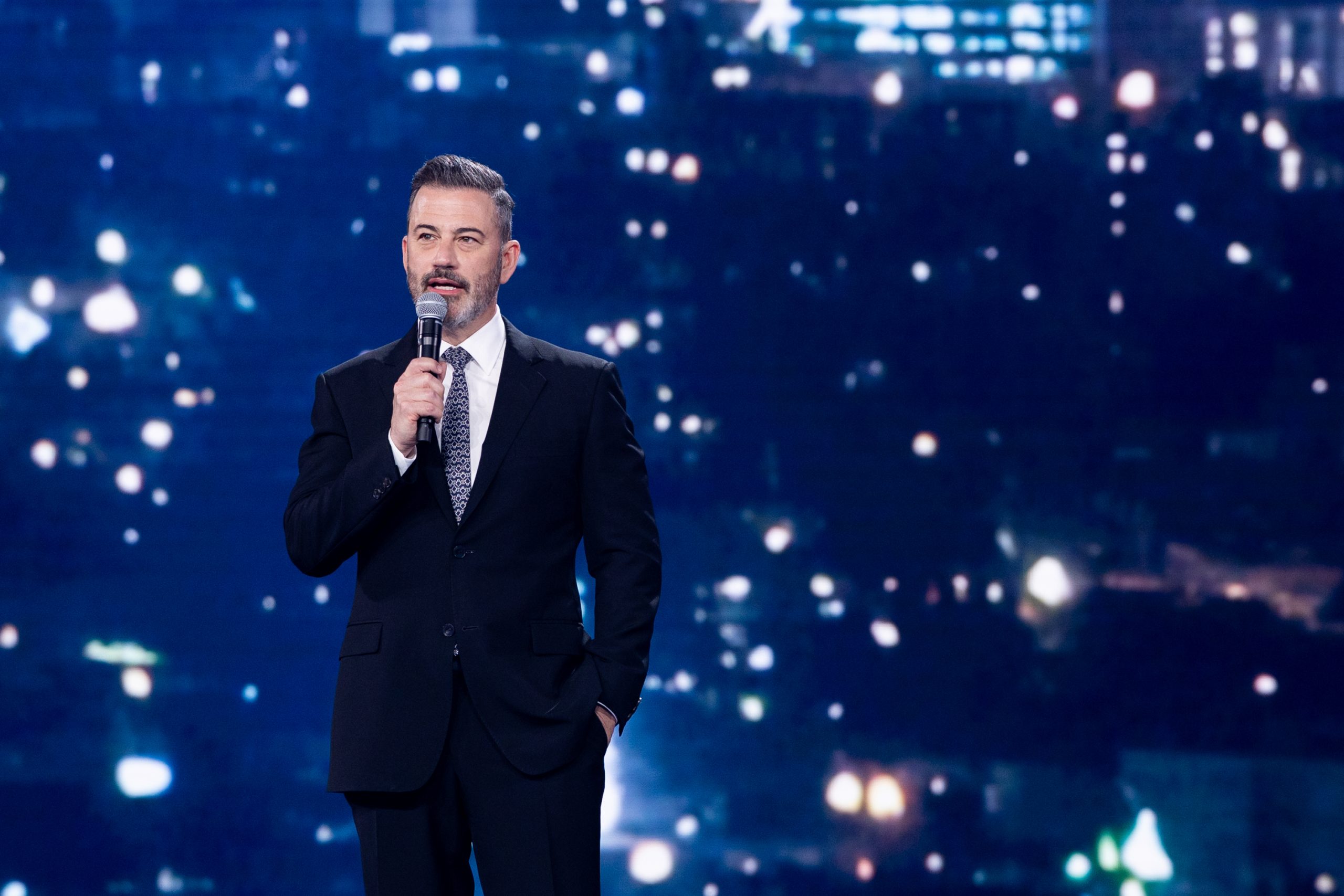ABC’s late-night host Jimmy Kimmel found himself in hot water this week, facing an indefinite suspension after a monologue sparked controversy and intense pressure from the Federal Communications Commission (FCC). The incident highlights the increasingly blurred lines between late-night comedy, political commentary, and the regulatory landscape governing broadcast television.
The Spark of Controversy
Kimmel’s suspension stems from comments he made during his Monday night monologue, referencing the suspect apprehended in the murder of conservative podcaster Charlie Kirk. While the exact wording is subject to interpretation, Kimmel’s remarks alluded to a perceived attempt by certain political factions to distance themselves from the perpetrator. He stated, “We hit some new lows over the weekend, with the MAGA gang desperately trying to characterize this kid who murdered Charlie Kirk as anything other than one of them, and doing everything they can to score political points from it.” Critics interpreted this as suggesting the shooter held right-wing views, a claim that sparked outrage among conservative circles and prompted immediate calls for action against Kimmel.
Free Speech vs. FCC Regulations
The situation throws a spotlight on the complex interplay between freedom of speech and broadcast regulations. While late-night talk shows often push boundaries with satirical and politically charged humor, the FCC has authority over content aired on television, particularly regarding potentially inflammatory or libelous statements. The agency’s pressure on ABC to suspend Kimmel raises questions about the extent of acceptable commentary in the current political climate and whether the FCC’s actions represent an overreach into the realm of artistic expression. Some legal experts argue that Kimmel’s statements, while potentially provocative, do not necessarily cross the line into legally actionable defamation.
A Shifting Media Landscape
The Kimmel suspension also reflects the increasingly polarized media landscape and the challenges faced by late-night hosts attempting to navigate the contentious political environment. Comedians have long used their platforms to engage in social and political commentary, often employing satire and hyperbole to convey their messages. However, in the age of social media and instantaneous outrage, such commentary can quickly escalate into major controversies, with significant consequences for the individuals involved and the networks that employ them. The incident serves as a cautionary tale for other late-night hosts, emphasizing the need for careful consideration of their words and the potential ramifications in an era of heightened political sensitivity.
Conclusion
Jimmy Kimmel’s indefinite suspension marks a significant development in the ongoing debate surrounding free speech in the context of broadcast media. While the FCC has a legitimate role in regulating broadcast content, the circumstances surrounding Kimmel’s suspension raise questions about the balance between protecting the public and safeguarding artistic expression. The incident underscores the challenges faced by comedians and media personalities in a highly polarized political environment, demanding a critical examination of the evolving boundaries between comedy, commentary, and censorship. The long-term impact of this event on late-night television remains to be seen, but it undoubtedly sets a precedent that will be discussed and debated for some time.
SOURCE INFORMATION:
TITLE: How Jimmy Kimmel became Trump’s nemesis
DESCRIPTION: ABC pulled late-night host Jimmy Kimmel off the air “indefinitely” Wednesday night following pressure from the Federal Communications Commission over comments Kimmel made on the suspect apprehended for the killing of right-wing podcaster Charlie Kirk. Kimmel’s suspension comes after a monologue Monday night in which he said, “We hit some new lows over the weekend, […
CONTENT: Jimmy Kimmel at the Disney Advertising Upfront, Tuesday, May 13, 2025, at North Javits in New York City. ABC pulled late-night host Jimmy Kimmel off the air “indefinitely” Wednesday night following pressure from the Federal Communications Commission over comments Kimmel made on the suspect apprehended for the killing of right-wing podcaster Charlie Kirk. Kimmel’s suspension comes after a monologue Monday night in which he said, “We hit some new lows over the weekend, with the MAGA gang desperately trying to characterize this kid who murdered Charlie Kirk as anything other than one of them, and doing everything they can to score political points from it.” Many read this as Kimmel implying that the shooter himself was right-wing. Late-night talk show monologues are supposed to be funny, not rigorous journalism. It’s very unusual for a comedian to be suspended because of one, and it’s clear that Kimmel would not have been suspended if President Donald Trump’s F
SOURCE: Vox
Based on materials: Vox





